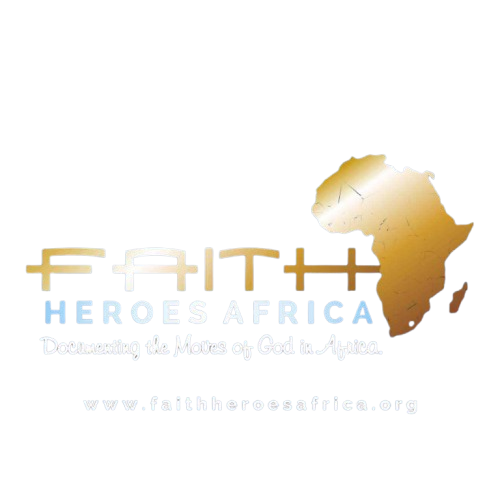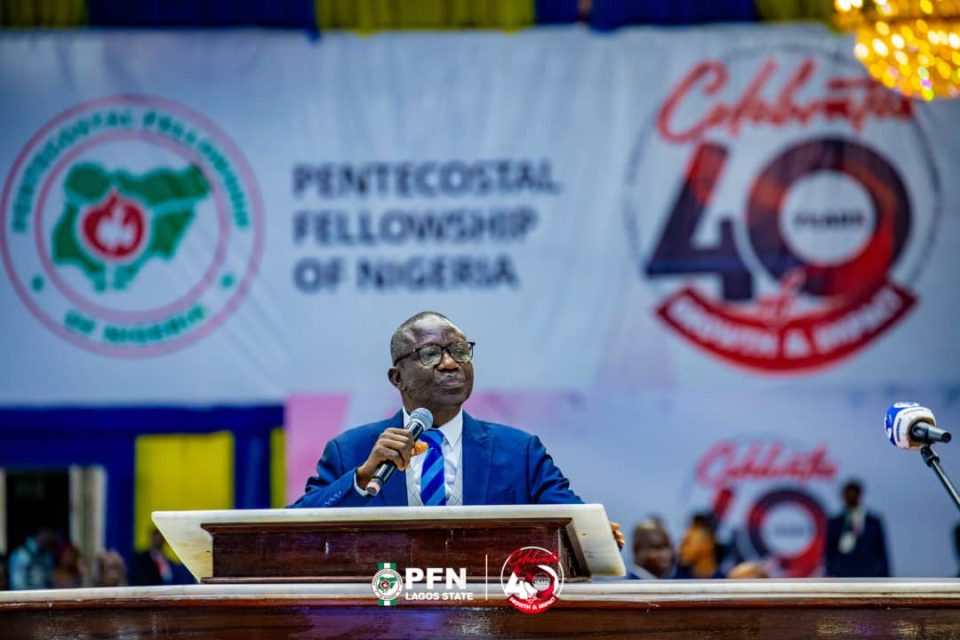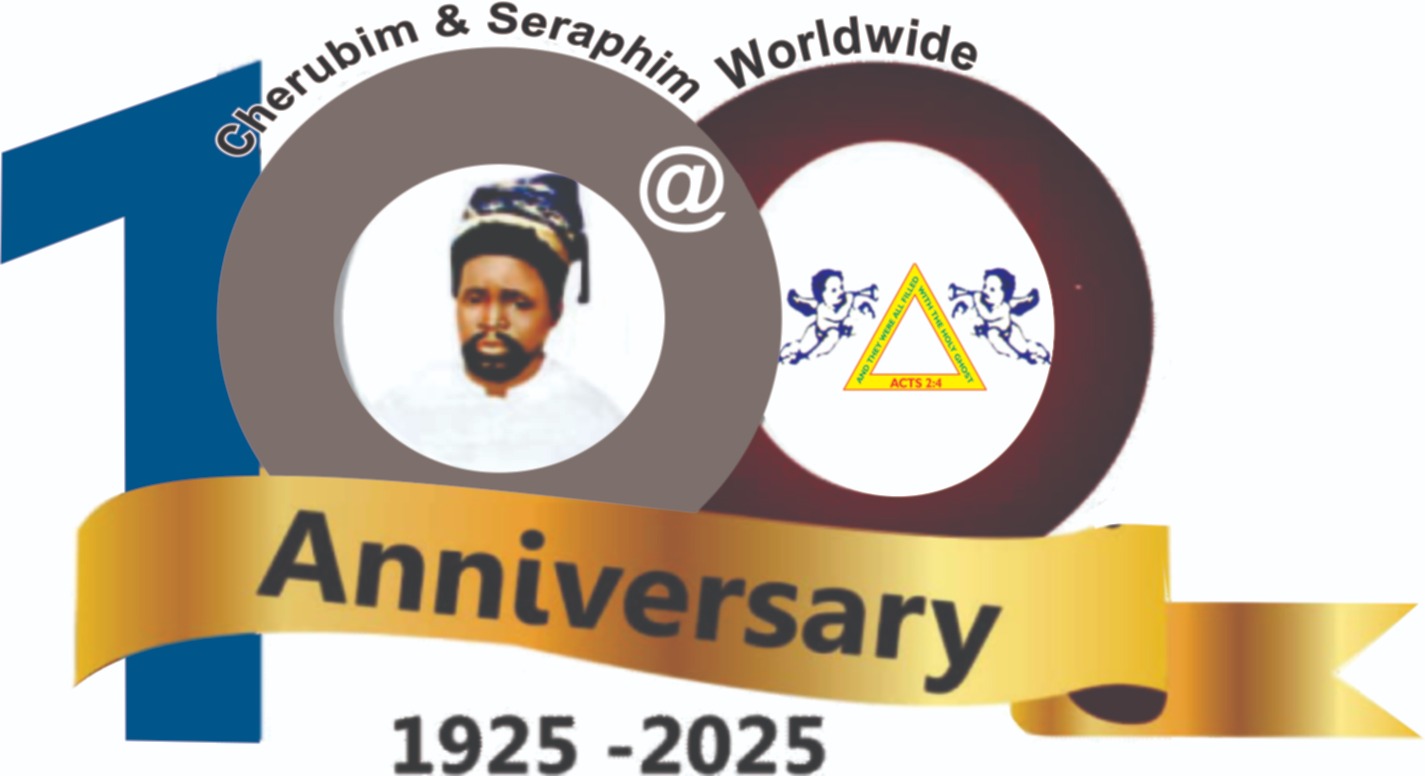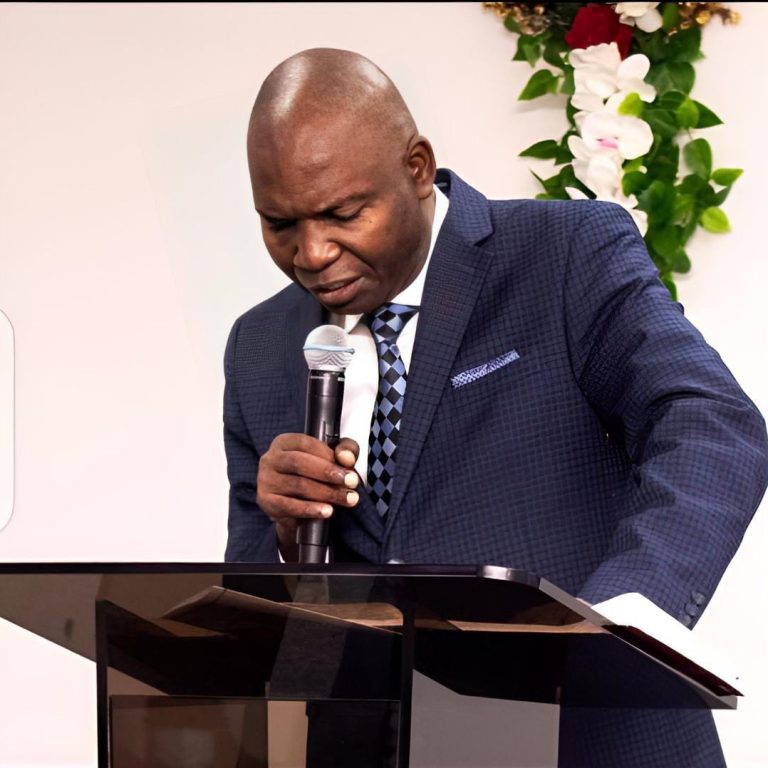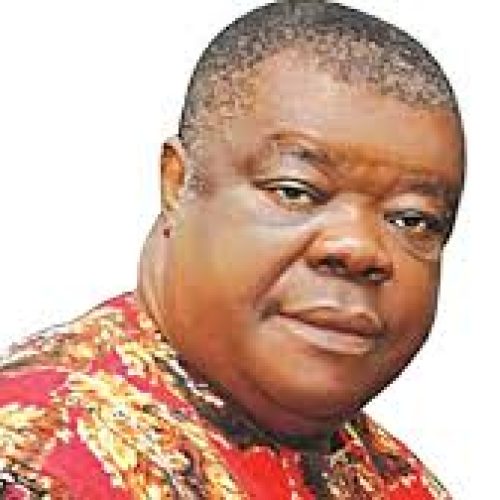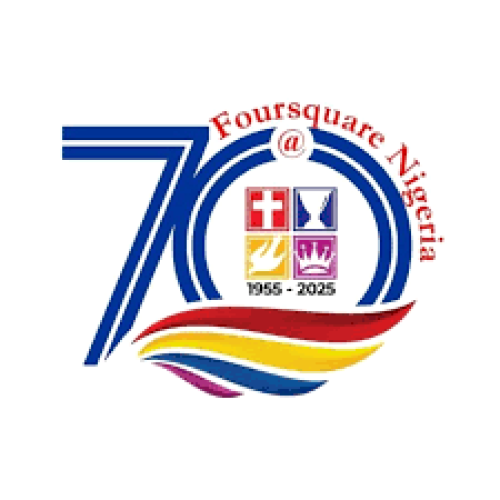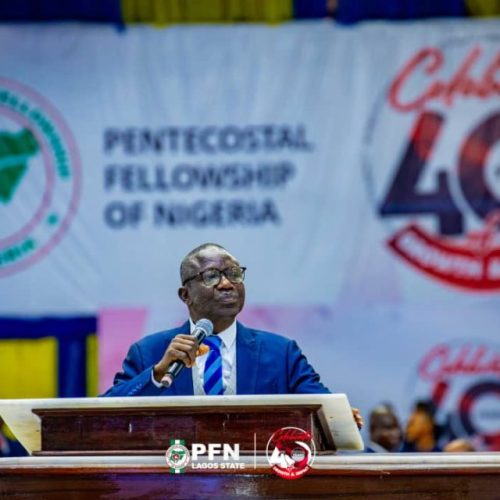The Eternal Sacred Order of Cherubim and Seraphim@100
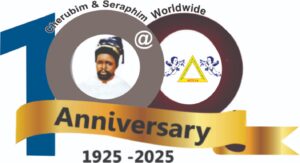
The Eternal Sacred Order of Cherubim and Seraphim (ESOCS) is a Christian denomination in Nigeria, founded in 1925 by Moses Orimolade Tunolase. The church gained attention when Orimolade reportedly healed a young girl, Christina Abiodun Akinsowon, who had been in a long-term trance that left her unable to speak or hear. Following this healing, Orimolade and Akinsowon formed a close bond as father and adopted daughter, working together to offer prayers and healing services.
The Cherubim and Seraphim faith centers on dreams and visions, which they believe are pathways to connect with God. In 1925, they felt led by Christ to name their group “Seraphim,” inspired by the angelic order mentioned in Isaiah 6. Two years later, in 1927, they added “Cherubim” to the name, referring to another order of angels described in the Bible (Isaiah 5). The church’s worship practices draw heavily from the New Testament, especially the Book of Revelation, and include a number of symbolic rituals.
Key elements of worship in the Cherubim and Seraphim Church include the use of candles, which symbolize light and represent God’s revelations through fire (as seen in the burning bush with Moses and God’s appearance to the Israelites on Mount Sinai, according to Revelation 3:1-3). They also use rods as symbols of authority (based on Revelation 2:26-27), incense to purify the space and invite the Holy Spirit (referencing Malachi 1:11 and Revelation 5:8), and bells to signify both victory and as a call to worship. The most senior elder rings the bell three times before a service begins to summon the congregation to prayer and invoke heavenly assistance.
The church members wear white garments, which they believe reflect the purity and sanctity of Christ, who wore similar attire during his crucifixion and resurrection. They also practice faith healing, with leaders offering prayers for the sick. These prayers often include selected Psalms and Bible verses tailored to the specific situation of the person in need of healing. The sick may sometimes be asked to stay in the temple for several days while prayers and supplications are made on their behalf.
Water and oil are significant in the church’s practices. Water is believed to hold healing power due to its association with baptism and the Spirit of God. Consecrated oil, rooted in biblical references like James 5:14-15, is also used in healing. Fasting is another essential practice, seen as a spiritual discipline that strengthens their prayers and helps accelerate spiritual progress.
The Cherubim and Seraphim Church also has certain taboos, including dietary restrictions and prohibitions against sexual immorality, drunkenness, the use of charms, and other practices considered magical or sinful, in line with Galatians 5:19-21.
The church celebrates several special events throughout the year. One of the most significant is the Holy Michael’s Anniversary on September 29, which honors the victories of the faithful through the intercession of the Archangel Michael. Other notable observances include Holy Gabriel’s Anniversary on the third Thursday of August, the Anniversary of the Cherubim Band in May, and the Anniversary of the Seraphim Band on September 9, marking the day the society was officially named in Lagos in 1925.
The church also observes the Repentant Meeting Day on the first Friday of November with a day of fasting, and the Day of Prayer for the Peace of Jerusalem on the first Sunday of July, when they pray for peace in the Holy City and across the world. Lastly, they celebrate the Love Feast, during which members share a simple meal of bread and water while reflecting on Scripture.
In all of these practices, the Cherubim and Seraphim Church emphasize spiritual purity, divine connection, and community prayer as key aspects of their faith.
